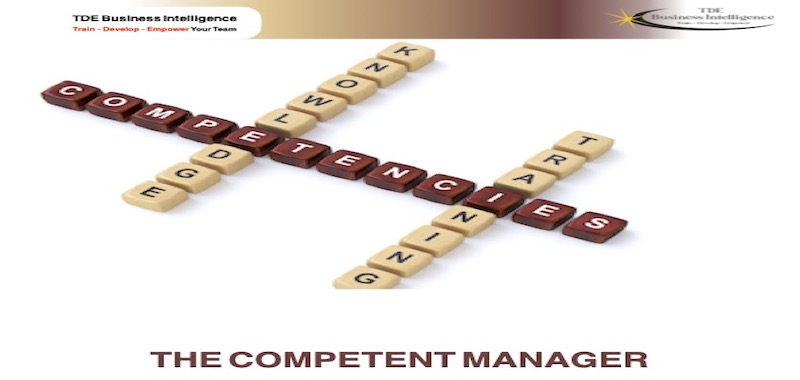
SCHEDULE
| Dates | Venue | Category |
| 5-16 March 2023 | Bangkok -Thailand | HR-Management-Leadership |
| 3-7 July 2023 | Port Moresby – Papua New Guinea | HR-Management-Leadership |
| 24-28 July 2023 | Kuala Lumpur – Malaysia | HR-Management-Leadership |
| 15-19 October 2023 | Dubai – United Arab Emirates | HR-Management-Leadership |
INTRODUCTION
This Competent Manager training course will provide you with the essential tools and skills necessary to manage your team as a professional and competent manager. During this highly interactive and fun course, you will discover many aspects of how modern managers need to interact with those around them. It is a unique opportunity to learn, practice and hone a wide range of tried and tested and cutting edge techniques for managing people.
This Management & Leadership training course on The Competent Manager will build your confidence, ensuring the very best from your team performance, managing in a way that will motivate and inspire those around you to achieve greater productivity and results. Attending will aid you in your quest to become a competent manager.
BENEFITS OF ATTENDING
Upon the completion of this training, participants will be able to:
- Develop and understand the crucial skills and competencies required to become a competent manager
- Explore and create a better understanding of different approaches to management, whilst enhancing your own leadership style
- Learn how to manage performance of teams and individuals
- Manage and develop teams high performance teams
- Challenge and improve the necessary skills of the competent manager to negotiate, influence and persuade
- Create a compelling and exciting continuous professional development plan to enhance your career
WHO SHOULD ATTEND?
- Executives, Managers, Supervisors, Middle Managers, Senior Managers and all staff.
COURSE OUTLINE
Session 1: Training Course Introduction and Objectives
- What are The Key Roles of Competent Managers?
- Essential Skills and Competencies required for The Role
- Understanding How Management has to Adapt to Culture
- The New Business Reality and Its Impact on Managers
- Building A Professional Development Plan
- Creating Business Culture within Our Teams
- Embedding Positive Behavioural Standards
- Risk, Reward and Motivation
Session 2: Establishing the Difference Between Management and Leadership
- Alternative Approaches to Management
- What is Your Own Leadership and Management Style?
- The Impact Your Leadership and Management Style has on Other People
- The Crucial Link between Personality Styles and Assigning Responsibility
- Understanding The Mind-set of Your Staff
- The Art of Running Effective Team Meetings
- The Dreaded Performance Improvement Meetings
- Time Management: Using Your Time More Effectively
Session 3: Understanding The Performance Management Cycle
- Identifying and Agreeing Individual and Team Objectives
- Essential Skills to Ensure Excellent Performance
- Monitoring Performance Ethically
- Professional Ways to Review Performance and Offer Feedback
- Effective Questioning Models
- Silent Coaching to Improve Individual Performance
- Listening: A Manager’s Greatest Weapon
- Motivation: Modelling from Others via The Four Quadrant Technique
Session 4: Identifying Stages of Team Development
- Understanding The Difference between A Group and A Team
- Belbin Team Roles and Their Contribution to A Successful Team
- Identifying and Preparing For Effective Team Development
- How to Present Our Ideas to The Team
- Communication Tools For Managers
- Creating A Culture of Recognition
- The Recognition Formula
Session 5: Negotiation Styles and When They Might be Appropriate
- Influencing Your Line Manager, Colleagues and Customer
- The Power of Persuasion: Identifying Appropriate Opportunities and Strategies
- Negotiation Secrets to Help Win
- Letting The Other Person Save Face: The Ethics of Negotiation
- Elite Negotiators – case studies from around the globe
- Continuing Development Schedule – Why is it important?
- Readers are Leaders
